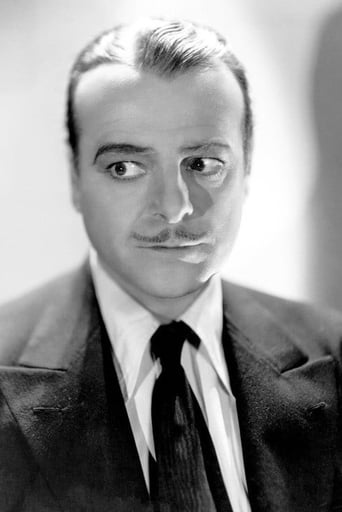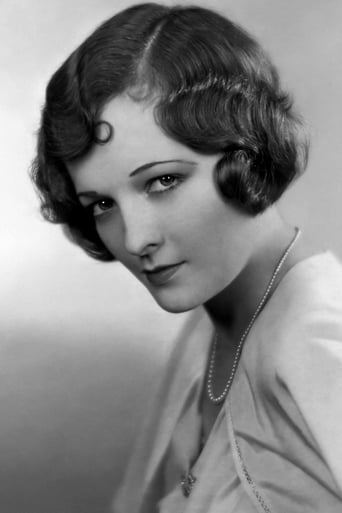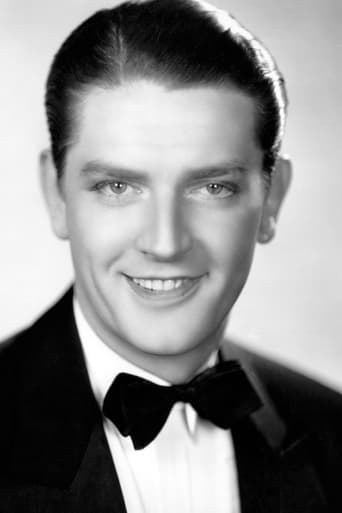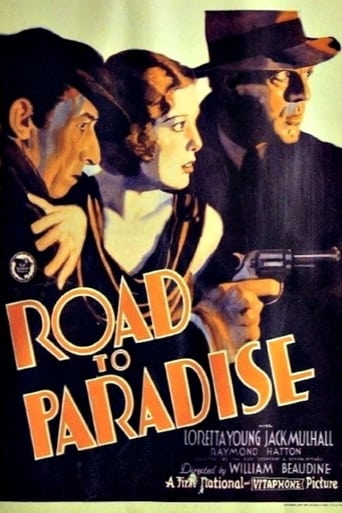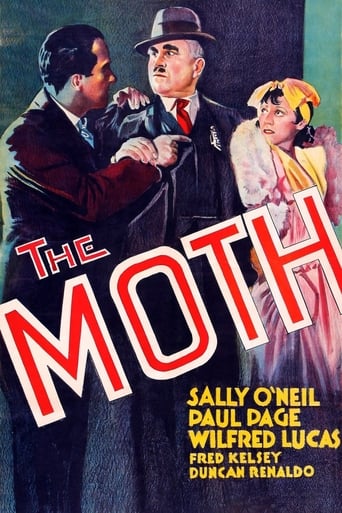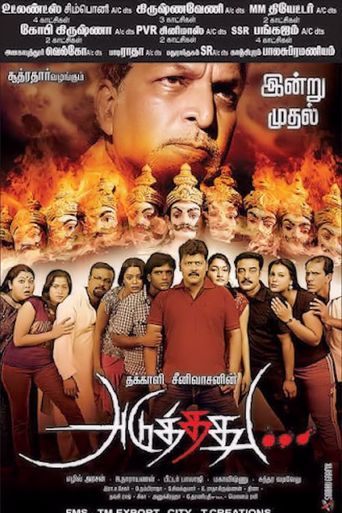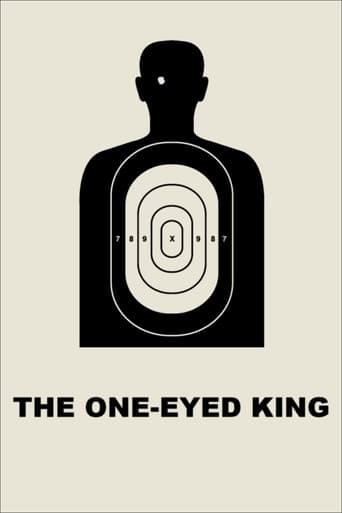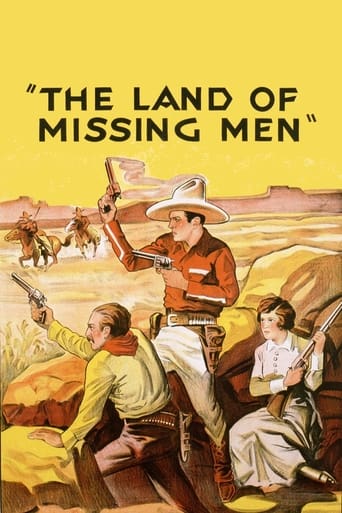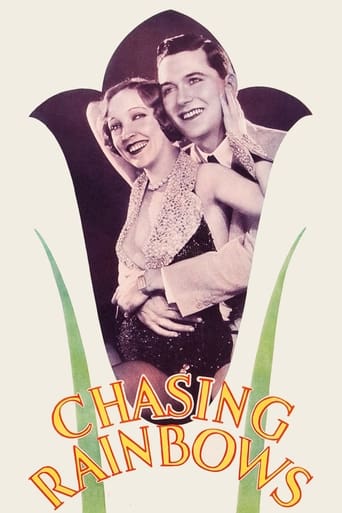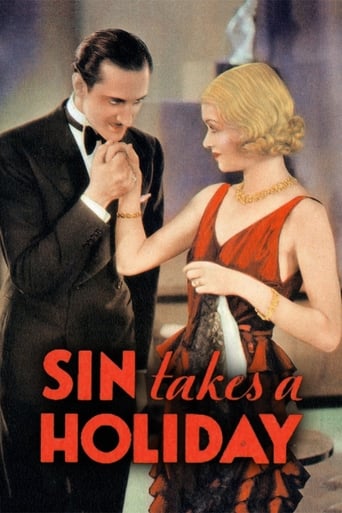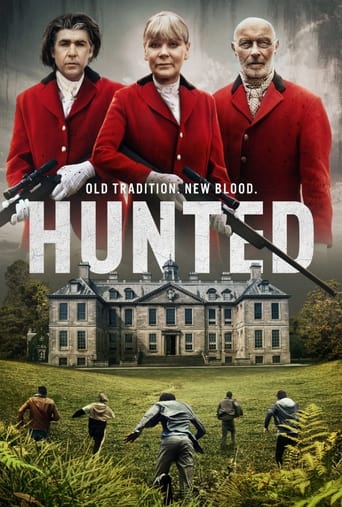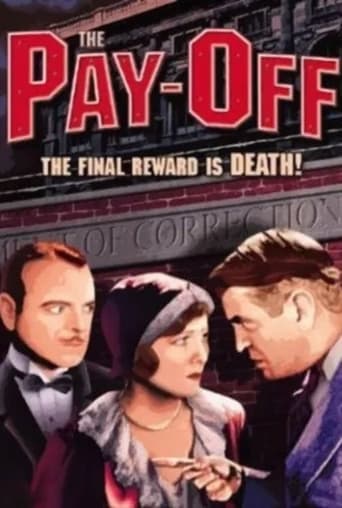
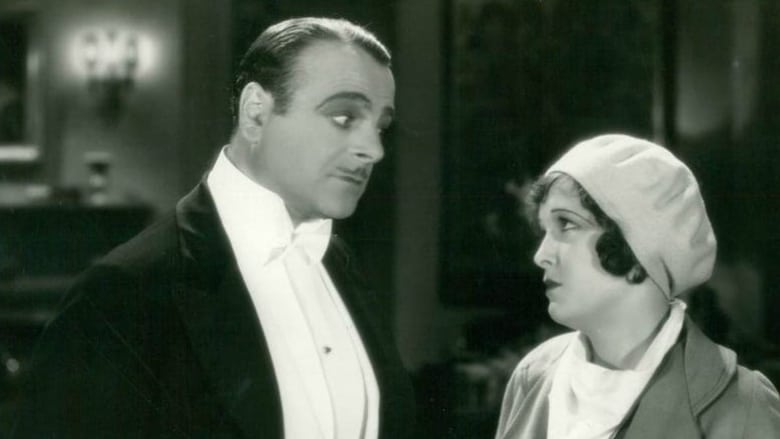
The Pay-Off (1930)
A thug robs a young engaged couple of their last few dollars. When the thug's gang boss hears of the robbery, he gives them back their money and takes them under his wing. The thug, resentful of the couple, plans to organize a mutiny against the gang's boss, but when he is killed in a botched robbery, the police focus their attention on the young couple.
Watch Trailer
Cast


Similar titles
Reviews
This film begins with New York's stupidest couple (Hugh Trevor and Marian Nixon) falling asleep on a park bench. When a cop wakes them, it's the middle of the night. Now you'd THINK a sane couple would immediately leave the park. Instead, dopey Rocky begins talking rather loudly and imprudently about the $200 plus that he's carrying on him!! It's really hard to believe anyone could be that dumb--and this is clearly a sign of poor writing. Not surprisingly, a thug overhears them and robs the young couple.Now if this happened to you, what would you do? Well, these rocket scientists decide to don masks and hold up a group of crooks to get the money they were saving in order to get married!! The plan, naturally, backfires and the big boss-man, Gene Fenmore (Lowell Sherman) feels sorry for them and takes him under his wing. They do not realize he's the local mob leader and think he's just a swell guy. At first, their good fortune seems assured but later Fenmore's shady dealings end up getting the couple arrested for a crime they didn't commit. So what's next? The only reason to watch this film is to watch Sherman. He was a fine actor and very few of his films are seen today. He had a very likable and natural style and "The Pay-Off" is no exception. Unfortunately, the film is full of silly writing and a decent idea for a film is squandered. Not great but still very watchable despite its many deficits.
For his second feature as an actor-director, Lowell Sherman hogs the limelight in the very stagily written, directed, acted, photographed and set, The Pay-Off. Based on a stage play which never made Broadway, little has been done to open it out for the screen. However, director Sherman has an advantage over the rest of the cast which be exploits to the hilt, hogging the camera unmercifully even when he is seated in a two-shot or a grouping of four or five. He also uses his penetrating voice to draw the audience's full attention his way and is the only actor to use such a generous amount of black-ringed eye make-up on his pancake-powdered face, so that you and I can easily pick him out in a crowd. The other players do what they can to upstage actor Sherman, but as he was also the director, they face a losing battle. I can't even remember what the chief villain looks like, but have no trouble recalling Sherman's image. I also remember Marian Nixon, who was one of the very few silent stars who had no trouble at all converting to sound, although she did retire after making her 73rd movie in 1936, after marrying director William A. Seiter in 1934. After Seiter died in 1964, she married Ben Lyon (of all people) in 1971. This was certainly news to me. I grew up with Ben Lyon and Bebe Daniels and when Bebe was forced to abandon "Life with the Lyons" for health reasons, the nation went into shock. So Ben returned to the U.S.A. and married Marian Nixon? The things you find out on IMDb! Anyway, getting back to the stagily directed "Pay-Off", it does admittedly hold the interest for its 71 minutes, despite Sherman's constant on-camera thesping. The only time he relaxes and throws a bit of meat to a fellow thespian occurs when he shares a scene with George Marion. Available on a very good Alpha DVD.
Unbelievable and convoluted story elements make this a tough one to struggle through. It looks like I might be in the minority on this board, but I don't see a lot here to recommend the picture. Lowell Sherman provides about the only competence the film offers in his portrayal of crime boss Gene Fenmore. He has a great comeback to would be challenger Rocky (Hugh Trevor) for kingpin status - 'jealousy implies equality'. That's the way to put a guy in his place, and I think Rocky pretty much knew it too.As for the young couple at the heart of the story (Marian Nixon and William Janney), how clueless would you have to be to try and rob some high rollers in their own apartment? OK, they were trying to get their own money back, but Tommy (Janney) recognized the goon who robbed him, so why not just go to the cops? On second thought, that didn't always work out in these era stories either. Especially with an idiot District Attorney like the one here.With the old lights out trick used not once, but twice in the story, this one sort of muddles along until it finally peters out with Fenmore's confession. Which sort of defies credibility, because even though he was ultimately behind the jewel store robbery, a good lawyer would have gotten him off scot free with the inept Rocky calling the shots. But then again, he shot Rocky with no witnesses, even if it was self defense. Like Rocky said - "You can't be in this racket and have a code of ethics".
The film is interesting more on account of its vintage than its plot. The acting is campy,stagey, hammy. The idea that a bunch of rowdies pillage and rob with no guns and no killings was probably just as absurd then as it seems today. However, this was likely the last appearance for Lowell Sherman in front of the camera. His style of acting seems to have become obsolete with the advent of talkies,possibly before. I am not certain who plays the role of Nancy. Incidentally, this film was remade a couple of years after Sherman's death with Richard Dix and an oily, villainous Eduardo Cianelli. That one was better, but even the acting and slightly better tech weren't enough to salvage the much outdated script and concept. However, if you just dig old celluloid, as I do, it's a worthwhile watch.


